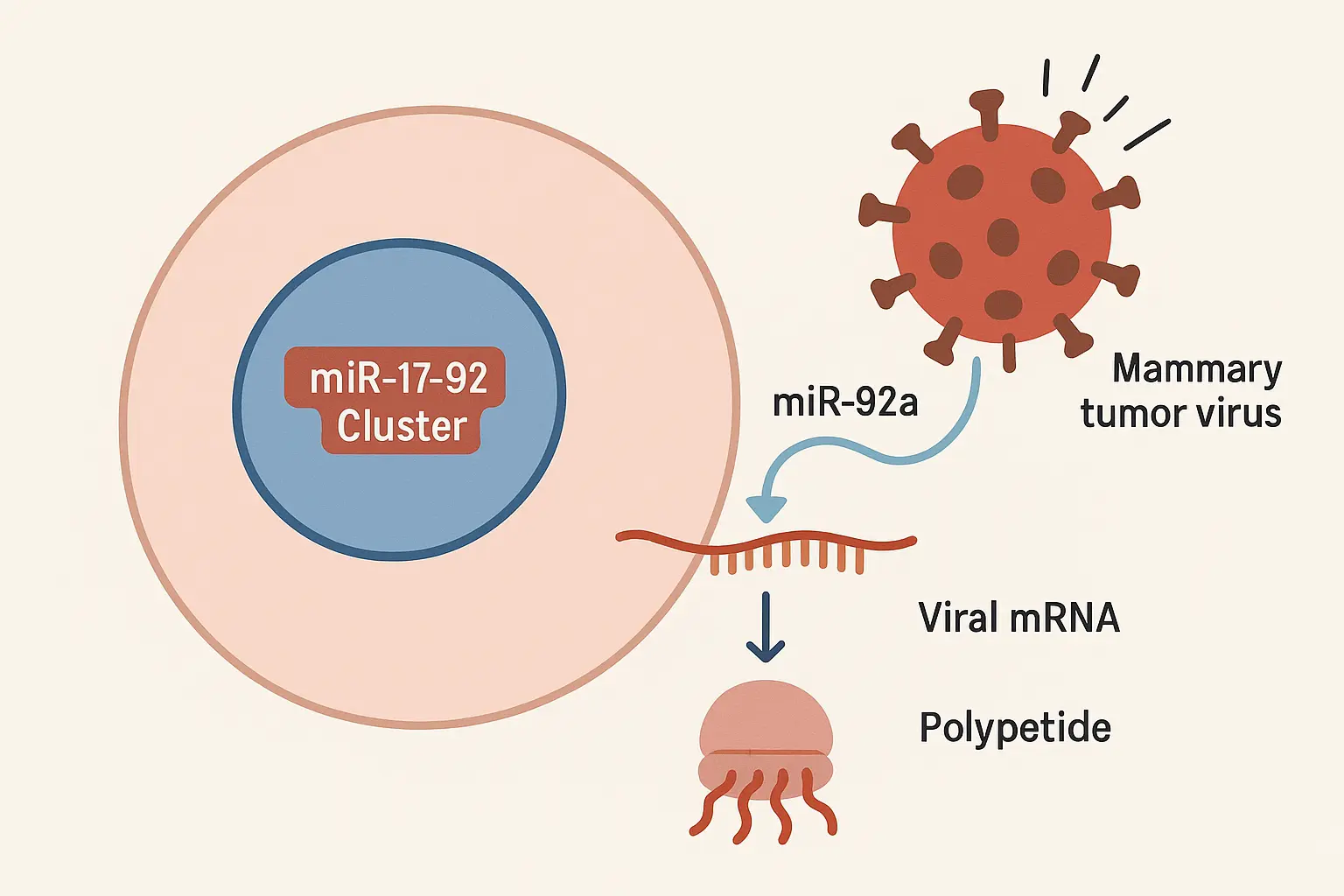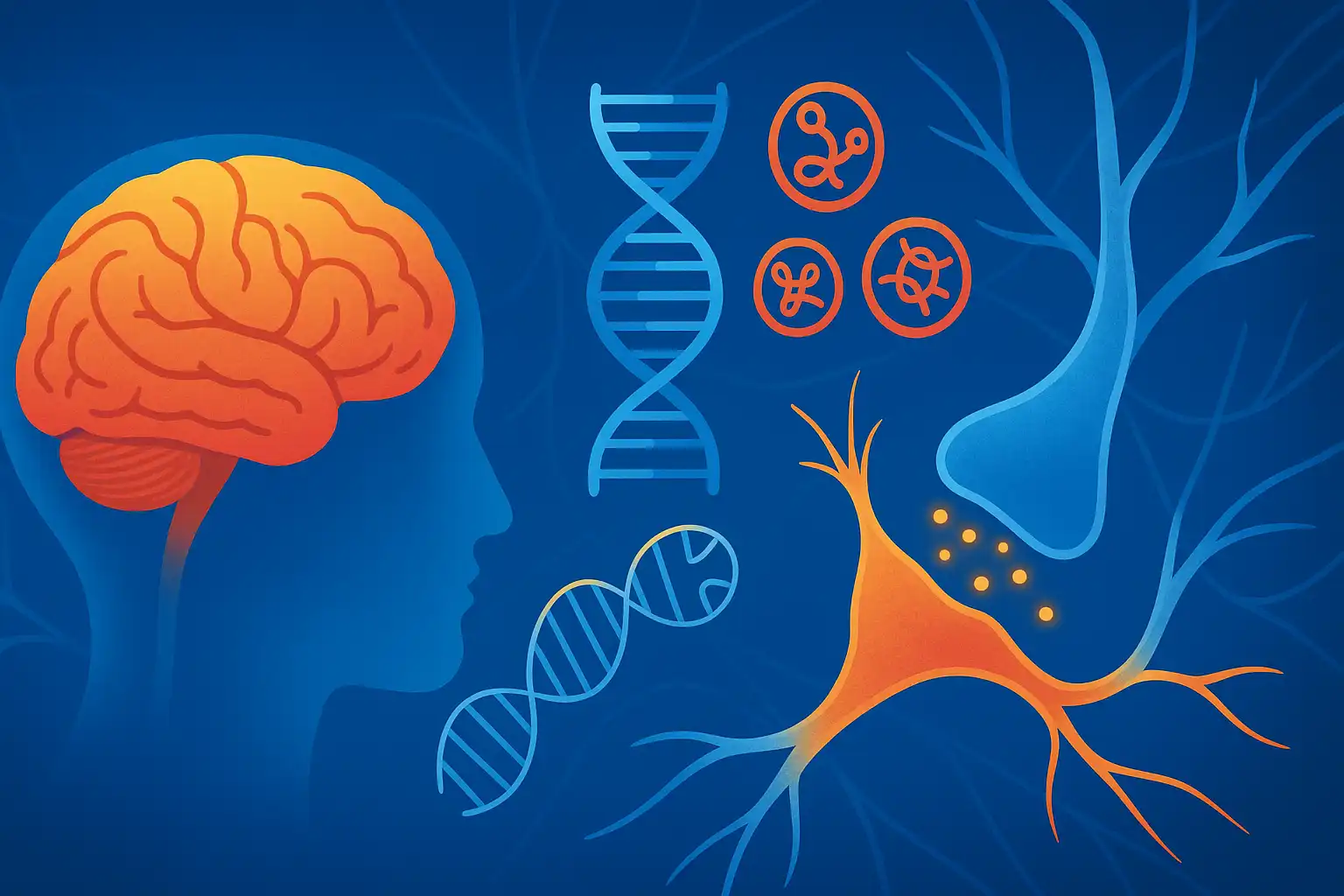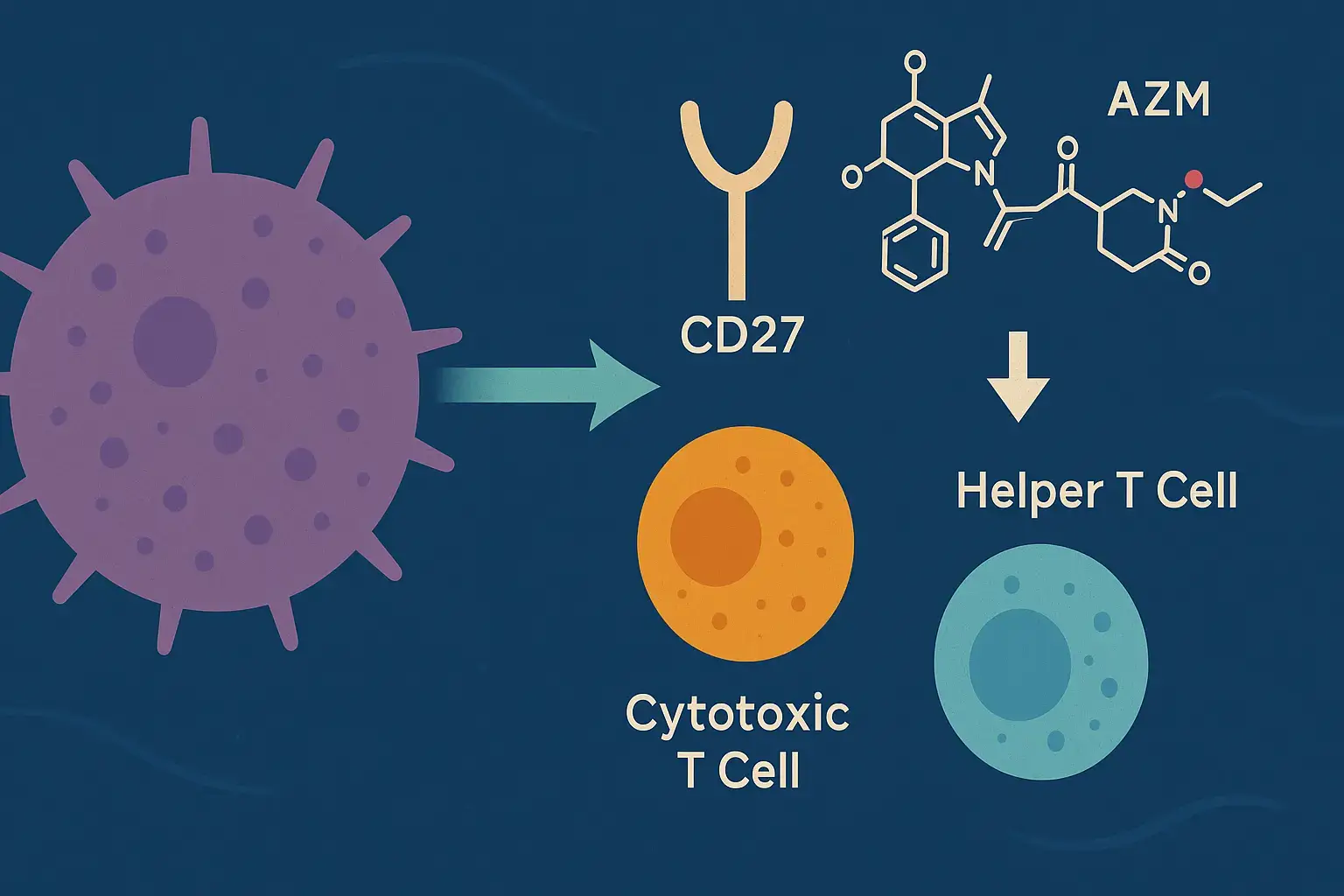
SWI/SNF Complexes: Gatekeepers of Development and Cancer Suppression
🧠 Introduction
How can the same molecular machinery both build a healthy organ and fuel a tumor? The SWI/SNF chromatin-remodeling complex is central to this paradox. A recent review published in Open Biology examines how these molecular complexes shape normal tissue development and what happens when their function breaks down—often leading to cancer.
🔍 Research Summary
SWI/SNF complexes are evolutionarily conserved, ATP-dependent chromatin remodelers. They reposition nucleosomes to regulate access to DNA, influencing vital nuclear processes such as gene expression, DNA repair, and genome stability. Their role is particularly crucial during organ development, where they help establish lineage-specific gene expression patterns and maintain cellular identity.
However, mutations in SWI/SNF subunits are detected in approximately 25% of human cancers—making these complexes among the most frequently altered in oncology. This review synthesizes decades of work to explain how disruption of SWI/SNF function contributes to tumorigenesis. Key insights include:
- Impaired enhancer activity, which can silence tumor suppressor genes.
- Loss of G0 cell cycle arrest, promoting uncontrolled proliferation.
- Enhanced cellular plasticity through oncogene activation
- Antagonism with Polycomb group (PcG) proteins, which normally help repress inappropriate gene expression.
🌍 Broader Impact
This research sits at the intersection of developmental biology and oncology—two pillars of APMAD’s Cancer Research theme. By elucidating how chromatin dynamics influence both healthy development and cancer initiation, this work supports APMAD’s mission to drive innovation in precision medicine. Understanding the dual nature of SWI/SNF complexes paves the way for novel treatments targeting these pathways in cancer, especially for patients with hard-to-treat or mutation-driven tumors.
📎 Reference
@article{AbuSailik2024,
title = {Opening and changing: mammalian SWI/SNF complexes in organ development and carcinogenesis},
journal = {Open Biology},
volume = {14},
number = {10},
pages = {240039},
year = {2024},
doi = {https://doi.org/10.1098/rsob.240039},
url = {https://royalsocietypublishing.org/doi/abs/10.1098/rsob.240039},
author = {Abu Sailik, Fadia and Emerald, Bright Starling and Ansari, Suraiya Anjum}
}






Leave a Reply